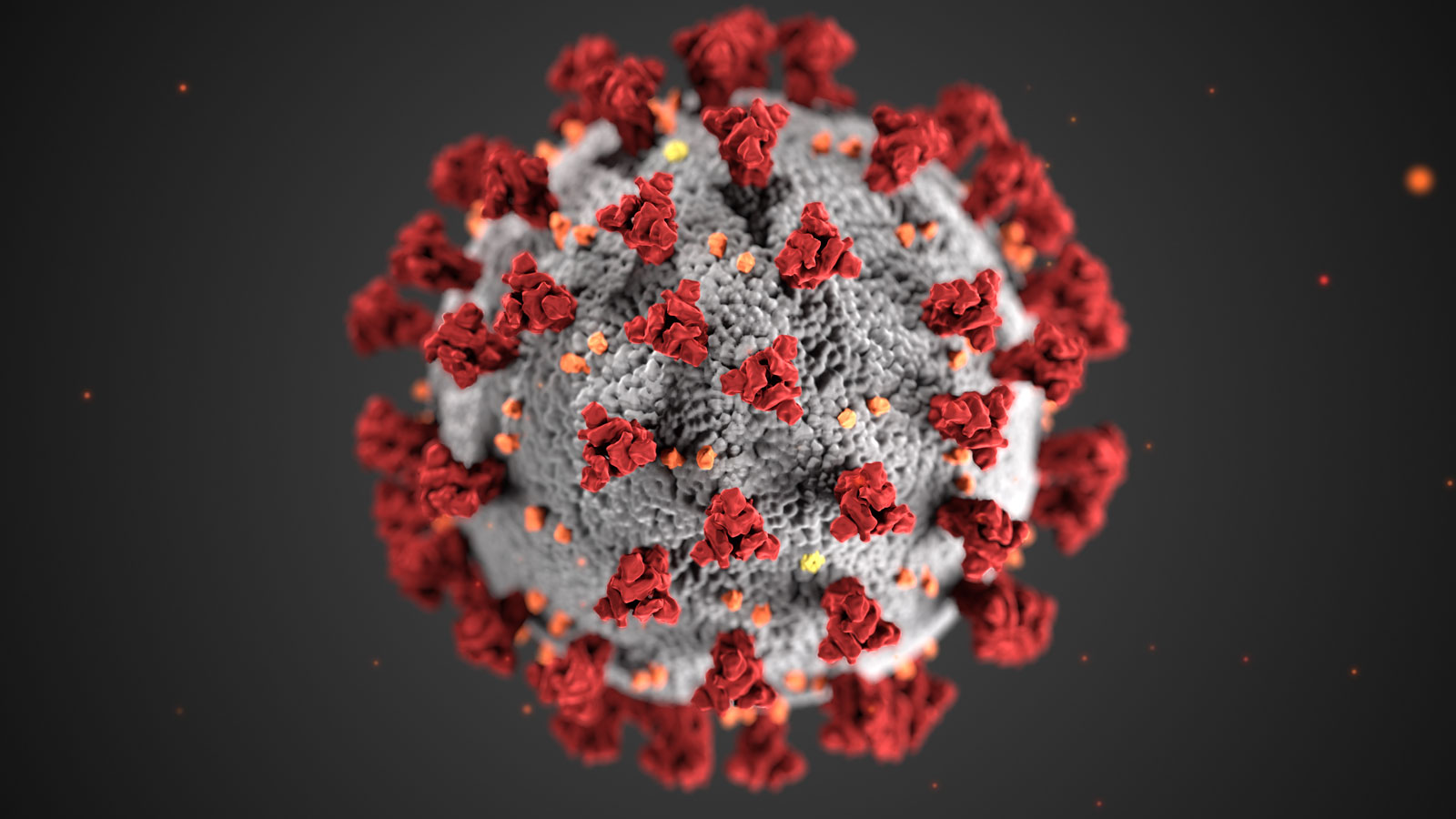Medical Conditions That Affect the Brain (Part II)

Medical Conditions That Affect the Brain (Part II)
In the previous article, we’ve talked about heart disease, diabetes and strokes, now we’ll be covering several other conditions. In this part we’ll be discussing obesity and different types of dementia and how to prevent them.
You may be familiar with the fact that obesity can result in various health problems… not only that, unfortunately obesity can be harmful on the brain.. Thus if all the problems that can be caused by obesity haven’t motivated you enough to treat yourself, then what else will? The brain is such a precious organ that we all should do our best to take care of it. Do yourself a favor and sustain your health while you can..
Obesity
“In studies, people who are very overweight often score less on tests of memory and other cognitive abilities. Other studies have revealed atrophy in the hippocampus (a brain region essential to learning and memory) as well as shrinkage in gray matter in people who are very overweight. Carrying too much weight, especially in midlife, can contribute to dementia in later years.”
Belly fat specifically carries substances that cause inflammations throughout the body; these substances are harmful to the brain and can harm memory. Furthermore, when this inflammation is chronic, it can lay its waste to other healthy cells and brain cells. It can also mess up levels of brain-secreted hormones like serotonin, dopamine and glutamate.
The solution for obesity is no myth.. it lies in dietary changes. Now I know well this solution is not a “piece of cake” for many people, especially for those who suffer obesity. But what you can do is to read about different diet plans and see what suits you the most.. It can be keto-diet, vegan-diet or intermittent fasting.. Doesn’t really matter which one you choose but what matters is the motivation to start and commit.. A nutritional psychologist can help you embrace a healthy lifestyle routine and get rid of harmful dietary habits..

Dementia
Alzhaimer’s Dementia
Unkown fact about Alzhaimer’s disease is that it’s a form of dementia. Alzhaimer’s gradually cause the death of brain cells that govern memory, visuospatial abilities, word retrieval, personality, and every other cognitive function.
In the early stage of Alzheimer’s dementia, a person is still able to live independently, but memory and mental functions begin to decline. By the middle stage, forgetfulness becomes more notable. Neglecting personal hygiene, getting confused about the day or place, and having difficulty recalling long-known information like one’s address and phone number are common symptoms. At the late stage, a person becomes completely reliant on others, memory has slipped, and meaningful communication becomes difficult. In that stage, a person may need help with everything like dressing, eating and using the toilet. This decline caused by dementia in fact takes 4 to 8 years to occur.
Nonetheless, Alzhaimer’s does not always have to lead to dementia. Some of those who have that disease do not develop Alzhaimer’s. Scientists think this may be due to their cognitive reserve (i.e. mind’s resistance to damage of the brain). For that reason, it is important to detect it early one. When we detect it early, we can take steps towards slowing doing its progression so that it doesn’t get worse with time and it doesn’t cause dementia eventually. We’ll talk more about what steps can be taken to strengthen cognitive reserve, even if you have a medical condition, in the next article.
Vascular dementia
It is a consequence of damage to the blood vessels. The most noticeable difference between vascular dementia and Alzheimer’s is that vascular dementia affects judgment and decision making first, rather than memory.
Dementia with Lewy bodies
People with this dementia tend to have the same walk found in Parkinson’s disease. They have problems with thinking and memory.
Fronttemporal dementia
A result of damage to nerve cells in the frontal or temporal lobe, Read more on Brain Anatomy, which causes personality and behaviour problems, in addition to problems with motor function and language.
Mixed dementia
This form of dementia combines more than one type of dementia— i.e. Alzhaimer’s and vascular dementia together.
It is important to know that dementia is not a disease itself, but rather it is descriptive term that describes progressive memory loss and decline of cognitive function, more common in older people.
Unluckily there is no cure for dementia. The existing treatments only help temporarily with memory loss and behavioral symptoms, and they do not terminate the underlying disease process.
But for Alzheimer’s disease early detection could quite help and allow people to start on treatments in time to slow down brain degeneration and keep the disease from affecting their daily functioning.
The right thing to do is to use these preventive strategies to promote your brain health and minimize the risk of dementia, also they can help reduce disability from dementia if it occurs:
- Healthy eating
- Regular exercise
- Healthy, nourishing sleep
- Engaging in social interactions
- Stress management
- Reducing exposure to toxic substances, including tobacco, and air pollution
References
M. White , et al. (2021). Dementia Symptoms, Types, and Causes. Help Guide. https://www.helpguide.org/articles/alzheimers-dementia-aging/living-with-dementia.htm
Watson, S. (2020). A Guide to Cognitive Fitness, Harvard Health Publishing. https://www.health.harvard.edu/mind-and-mood/a-guide-to-cognitive-fitness







